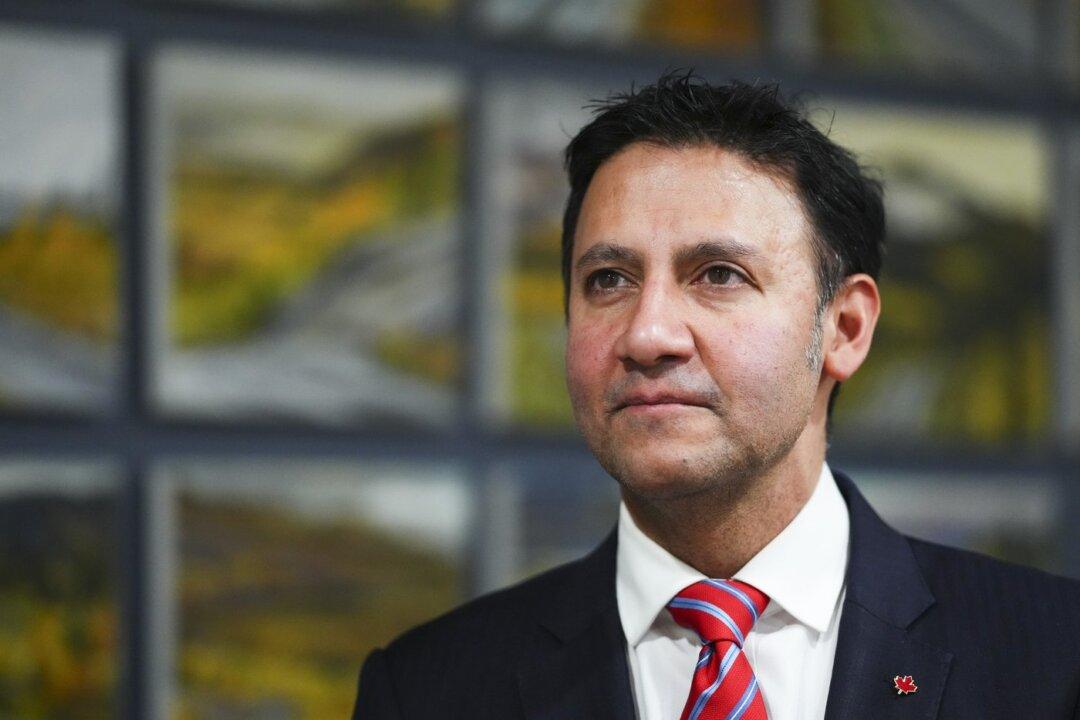Canadians are wary of legislation meant to address internet safety and “online harms,” according to in-house Privy Council research. Federal pollsters found Canadians are worried about censorship at the same time as Attorney General Arif Virani studies “best practices” on regulating legal online content.
“Discussing actions which could be taken to mitigate online misinformation and disinformation, participants stressed the role of individual responsibility,” researchers from The Strategic Counsel wrote in reports for the Privy Council, which was first covered by Blacklock’s Reporter. “On balance, most thought that it was ultimately the responsibility of users to avoid information that they did not agree with or believed to be untrue.”





